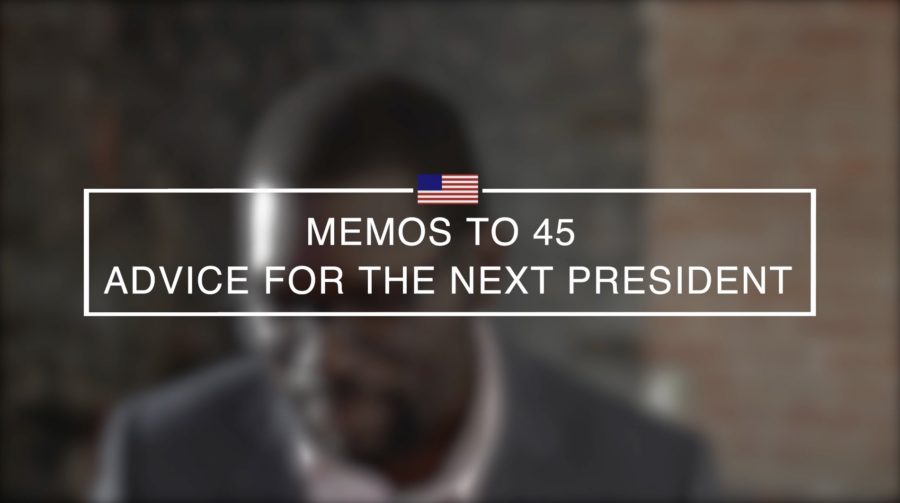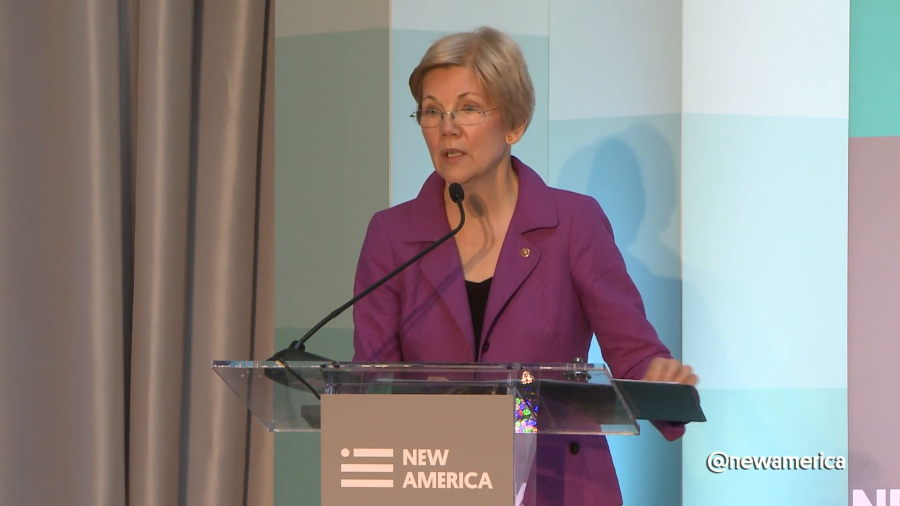The United States needs a stronger labor movement. It needs something to organize workers as workers, just for the sake of acting as a political counterbalance to corporation and to large formations of capital. I think a lot of our problems right now are directly traced back to the decline of unions.
Archive (Page 2 of 2)
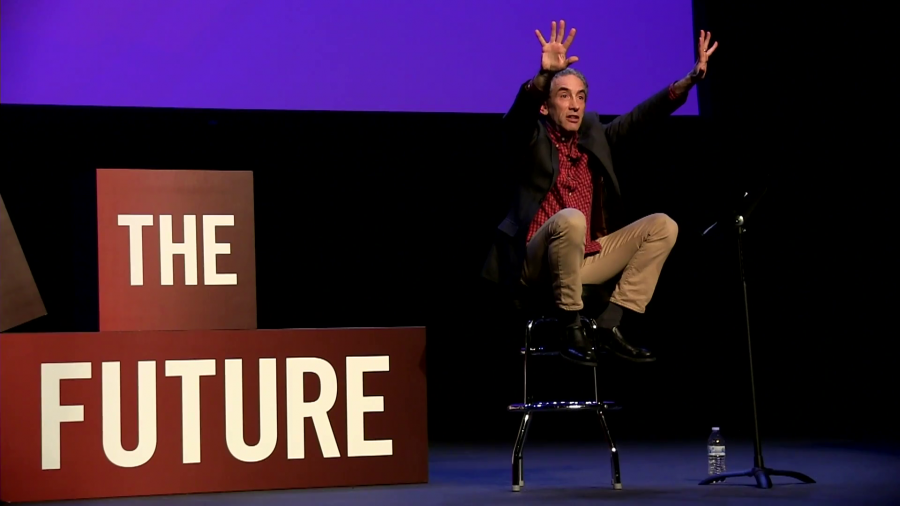
Google just has to grow. It has to keep growing. But Google grows at its own peril. Google grew so much that what happened? It outgrew Google. Google had to become what? Alphabet. Now what is Alphabet? Alphabet is not Google. Alphabet is a holding company. So Google’s new business as Alphabet is to do what? It’s to buy and sell technology companies. So, once a company becomes just too big to flip anymore, it becomes a flipper of other companies.
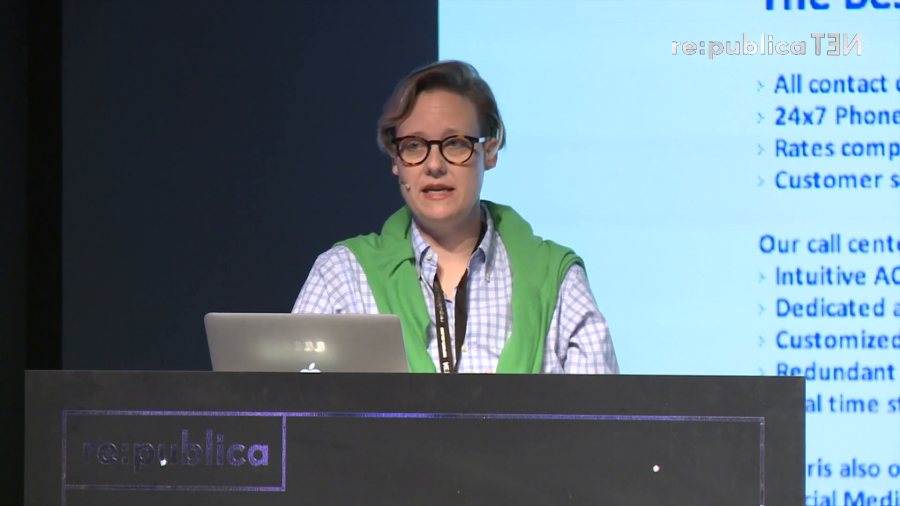
When I asked my peers and my professors if they’d ever heard of this type of work, two things happened. The first thing is that they said no, they hadn’t. The second thing they said, which is probably what you’re thinking, is, “Well, can’t computers do that?” And in fact the answer to that is no.

The question that philosophers have asked since antiquity is how should you live? What is the good life for a human being? And the two answers that have repeatedly come back time and time again are that there are two things that matter. One is agency. That’s to say being in control of your life, actively, creatively engaging with the world. And the other is community.
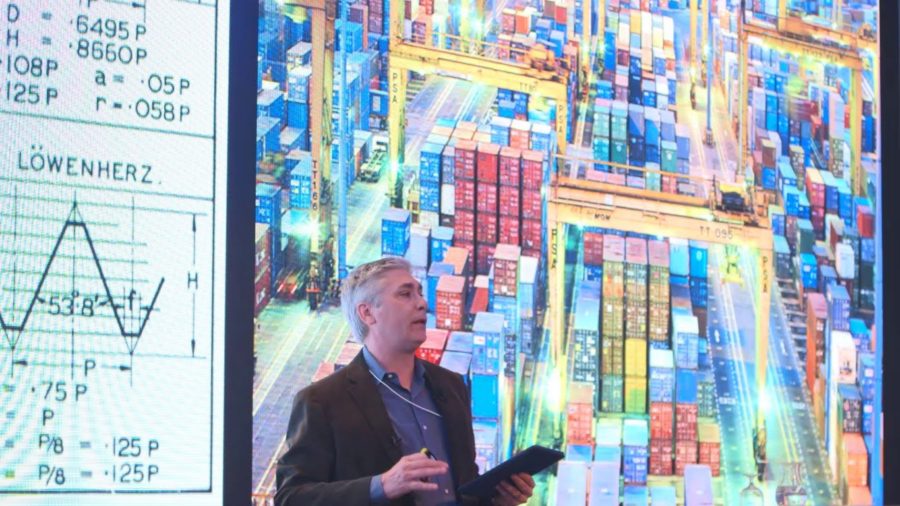
One of the ways that industrial revolutions are interesting to think about is that they look differently depending on how and where you see them from. They look different whether you see them from Europe or Asia or Africa. But regardless of time or place, economists and historians generally tend to look at industrial revolutions through the lens of innovation. And in my short talk today I want to encourage a different way of thinking about this.
What has redeemed the faith community throughout the centuries of history has been that there has always been a sector of the faith that has not sold out, that has recalled the genuine moral and ethical values of that faith and its tradition, and has renewed that, and therefore moved the agenda into the future, that is moral and ethical and just.

